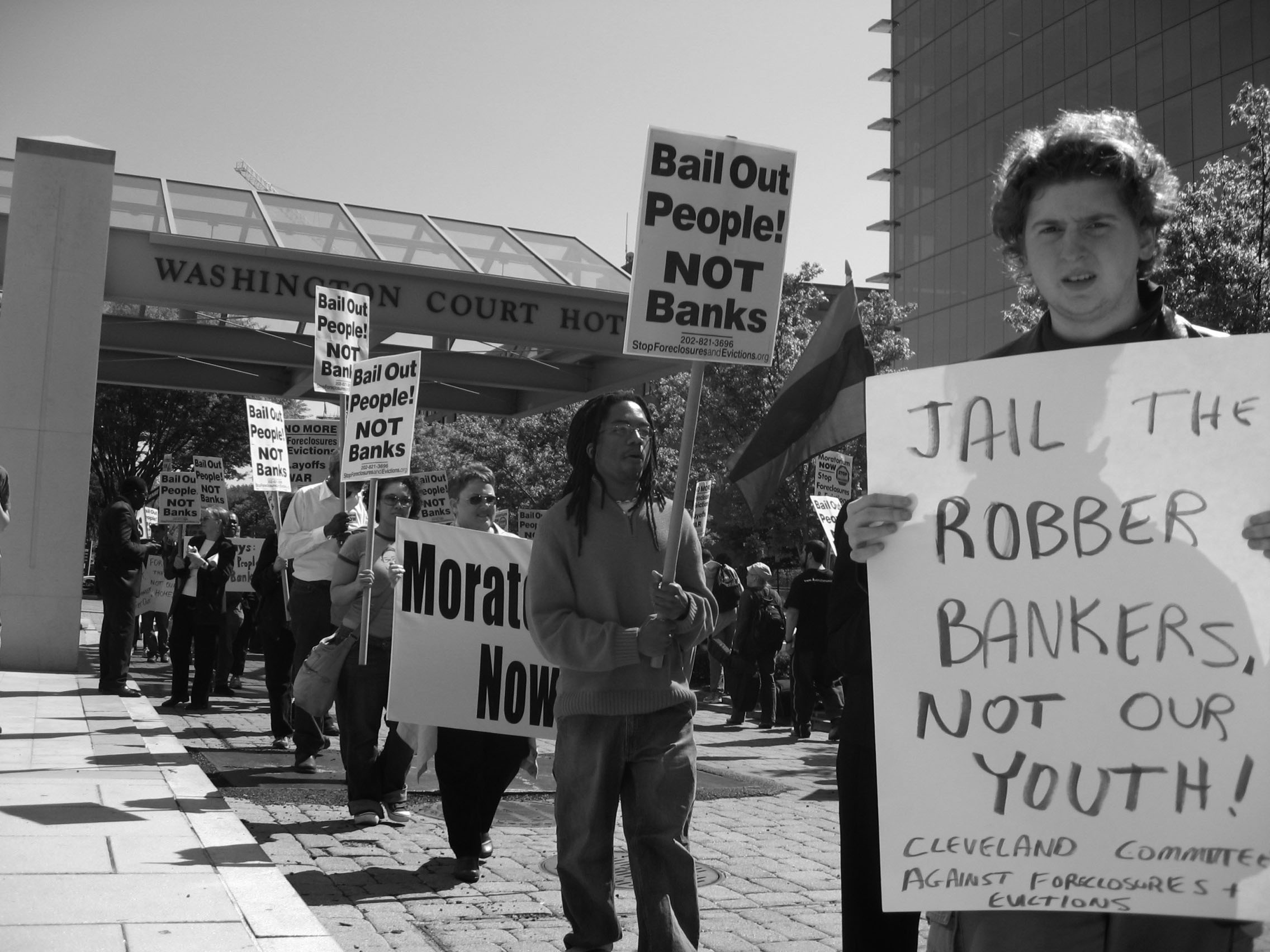economics
The capitalist crash and the challenges facing socialists in Canada
By Roger Annis and John Riddell
[Roger Annis will be a featured guest at the World at a Crossroads conference, to be held in Sydney, Australia, on April 10-12, 2009, organised by the Democratic Socialist Perspective, Resistance and Green Left Weekly. Visit http://www.worldATACrossroads.org for full agenda and to book your tickets.]
The first casualty of the financial collapse has been the claim that “there is no alternative” to unrestricted free market capitalism. The imperialist governments are bankrolling imperilled banks and industrial conglomerates with immense bailouts — an estimated $5.1 trillion in the US alone by November 2008 — while preparing “stimulus” packages aimed at restoring financial markets.[1]
The “stimulus” includes potentially useful projects along with many that are far more dubious. But urgently needed social investment, such as housing or a national daycare program, receives scant consideration. The spending is shaped to restore corporate profitability, not to sustain workers’ livelihoods. Thus, the US government’s auto industry bailout is conditional on wages and working conditions in union-organised plants being cut to match non-union operations, and Canada’s federal government has set similar conditions.
World economic crisis: No room for band-aid solutions in the Third World
By Reihana Mohideen
Two paths in the face of the capitalism’s global fracture
Spend the trillions on climate!

Sydney, October 2, 2008.
John Bellamy Foster: The great financial crisis: causes and consequences
The `third slump' and its consequences

By Phil Hearse
Audio: David Harvey on the `Enigma of capital' and the current capitalist economic crisis
A lecture by Professor David Harvey
City University of New York Graduate Center
November 14, 2008
1 hour 2 minutes
Listen now:
Open this page in a new page, or download MP3 file (42.7 MB)
(To download on a PC right-click on the above file and click ‘Save as’ or ‘Download to’. On a Mac Control-click instead of right-click.)
Making the world's poor pay: The economic crisis and the Global South
[This article is available in Spanish: ‘Que pagu
Nationalisation — a key demand in the socialist program

By Dave Holmes
